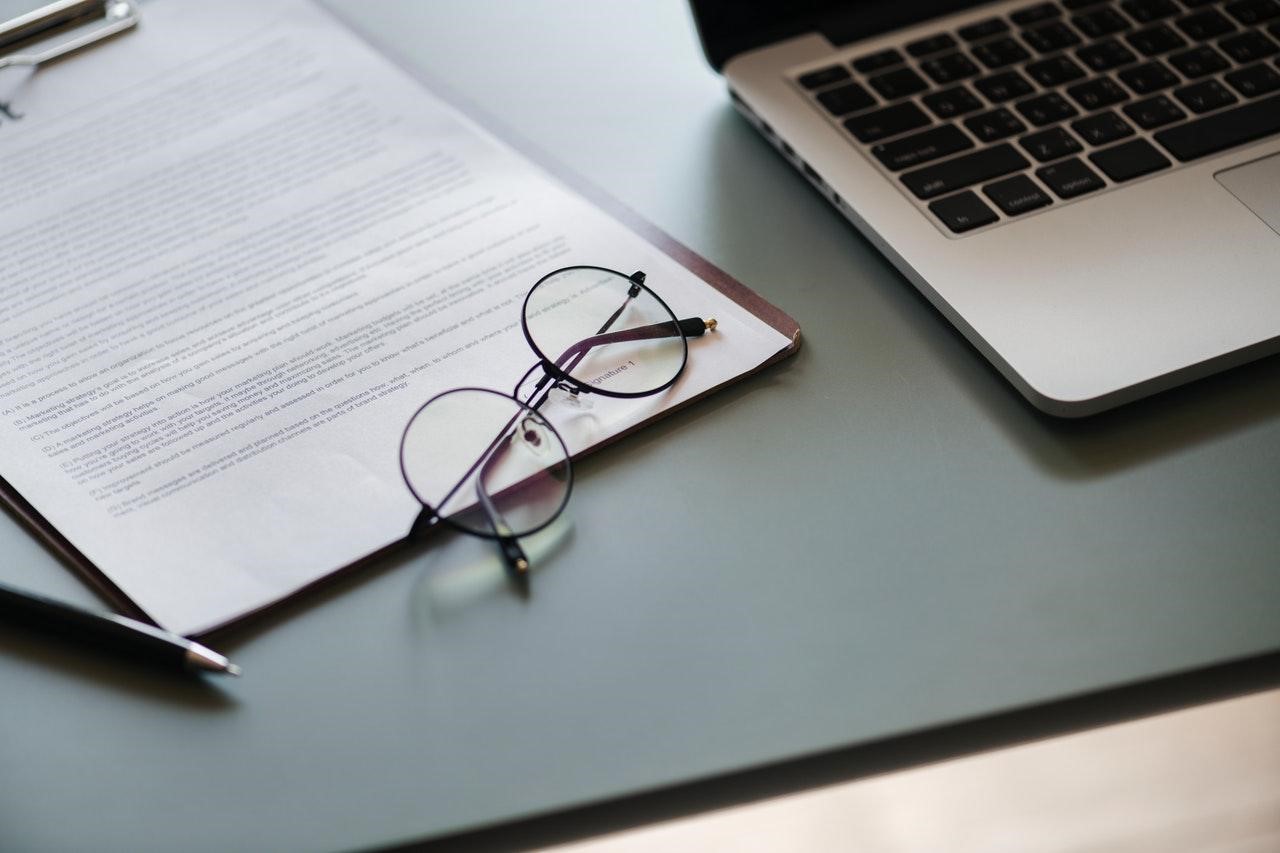When FaceApp went viral with its “old age” filter, many of us could have predicted what would happen next. Suddenly, concerns about its privacy policies went as viral, leading to users around the world deleting the app. The reasons? Well, the company uploads images and has a very liberal privacy policy, along with the simple fact that the company is, apparently, Russian.
Looking at the finer details, it becomes clear that the panic is undeserved. No online agreement that you unconsciously click through can legally justify a company using your image for malicious purposes. But more importantly, FaceApp should be the least of our worries. Facebook, Instagram, Twitter, Snapchat, and more, have access to far more information, photos, videos, and conversations. If you use any of those services, worrying about giving one Russian company access to a couple of photos is laughable.
However, the debacle does bring up the state of our online privacy yet again. Embracing the modern world seems to require us to forget about privacy. Is there really any way to protect ourselves?
Taking back our privacy
No matter how zealous you are in deleting your social media accounts, much of the damage has already been done. But that doesn’t mean you’re helpless. If you use the following services which protect your privacy, you can make a good start of it.
Do a background check… on yourself
For better or worse, online background checks are effective and easy to use. With minimal effort, you can find out a lot about your new neighbor, a Tinder date, or anyone you set your eyes upon. This is not because these background checks spy on people, but because they are effective at finding and collating the information already available online.
Ethically, you may hesitate before doing an online background check on someone else. But you should do a background check on yourself. This way, you can find out what information is out there, easily accessible to anyone who looks. You can figure out where you are most vulnerable, and start making an effort to take back your privacy.
Doing so may require deleting social media accounts, or at least a lot of curation. Some information will always be available to the public, as is legally required. But knowing what is out there at least gives you advance warning.
Always use a VPN and antivirus
If you’re using the internet without a VPN, you are sending out valuable information every second. Your IP address already reveals a lot about you, and the ease with which hackers can access your data means it is as irresponsible as leaving your keys in the ignition of your car. A VPN will hide your IP address and encrypt your data, giving you an added layer of protection.
Antivirus software may seem a little outdated, but it is as important as ever. You may think you’re not vulnerable to viruses because you’re too tech savvy. The sad truth is that all of us make mistakes or are wilfully careless. I’ve found myself clicking on links I know are probably bad news.
Privacy is not dead yet, but you have to commit to protecting it. Make sure you’re not leaving yourself open to attacks and manipulation.


